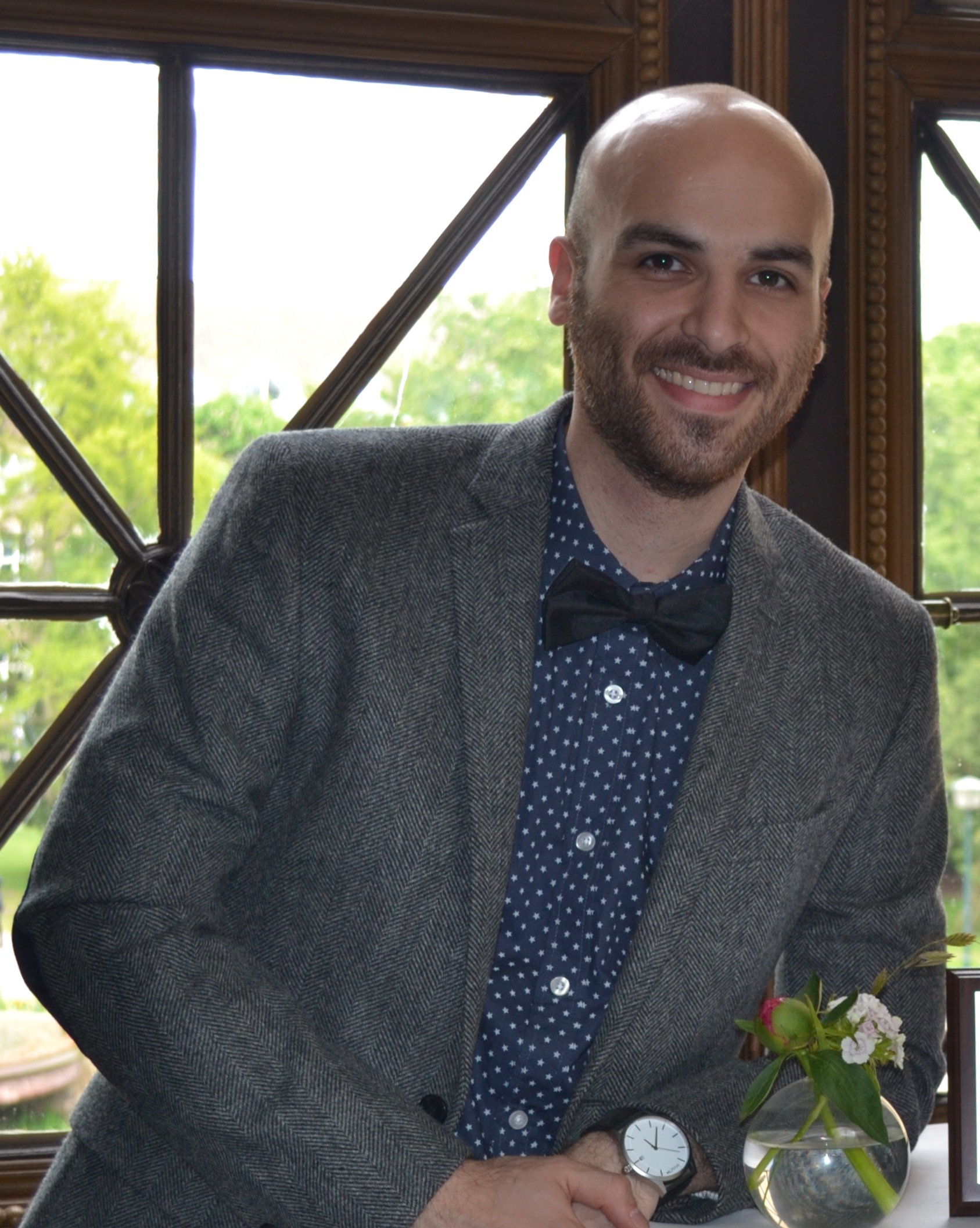
Hamid Behjat chose to study BME because he had an interest in biomedical devices and instrumentation. After completing his bachelor degree, Hamid considered programmes in several countries, including Sweden, England, Germany, and the United States.
“It turned out the high educational standards and standard of living made Sweden stand out. I was also drawn to the structure and contents of LiU’s BME programme, which differed from the electrical engineering focus of my BA studies.”
Content and structure
Within the first three months of the programme, Hamid had already found an area of specialisation within BME that he particularly enjoyed and wanted to pursue: biomedical signal processing.
”The biomedical signal processing course that I took in the second quarter of the program has been a milestone in my academic career. I just loved the content and, more importantly, the structure of the course.”
The course included several problem-based learning (PBL) sessions and was assessed through several biomedical signal processing projects and a written report. Following the completion of this course, Hamid was able to build on his knowledge by taking relevant courses and getting into the world of higher dimensional signals (such as medical images).
”The extensive courses I took in biomedical signal and image processing really helped me find my way in the broad spectrum of biomedical engineering topics. They served as the foundations of the academic career I am currently pursuing.”
Developing analytical methods
Today, Hamid is a post-doctoral research fellow at Lund University. He is interested in developing novel methods for analysing functional magnetic resonance imaging (fMRI) data.
”I am developing methods that the neuroscience community can use to analyse data. I hope to contribute in this way to further steps towards a better understanding of the human brain in health and disease.”
For students considering the Biomedical Engineering master’s programme at Linköping University, Hamid believes that the program serves as a perfect framework for a future career, not only in the academic world but also in industry.
”The one thing that should always be kept in mind is that a programme in itself cannot be sufficient, and it’s mostly your self-motivation that leads you to success. But the good news is that, for me, the motivation also stemmed from the programme and the wonderful courses. So, good luck!”